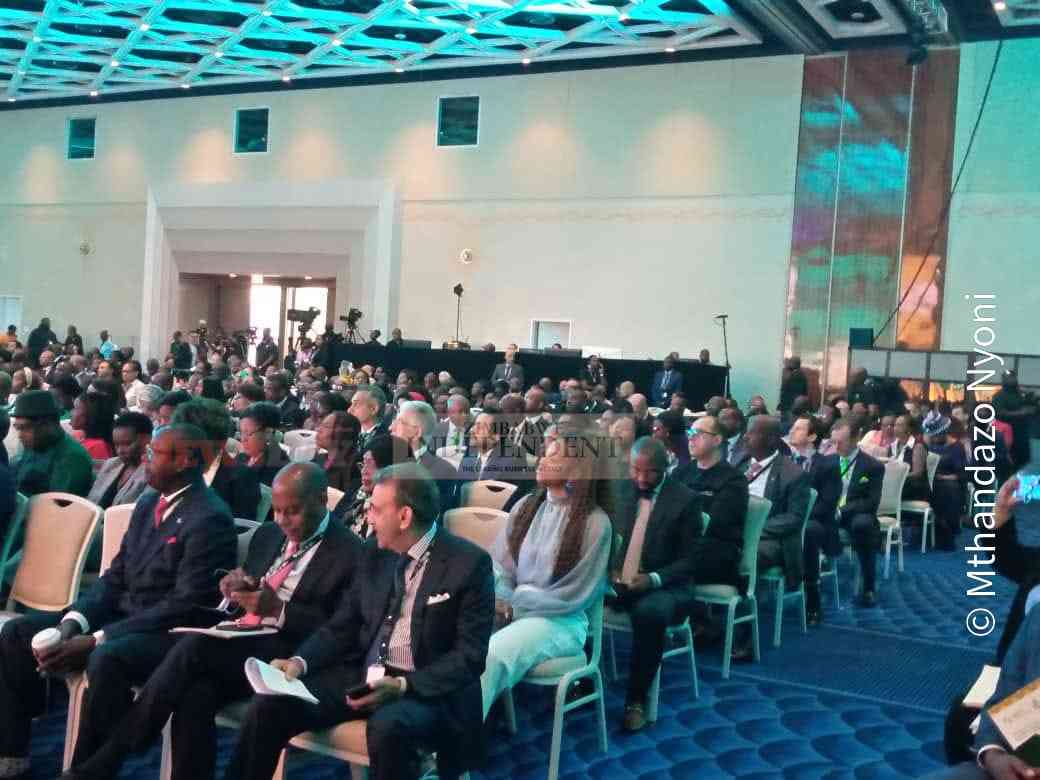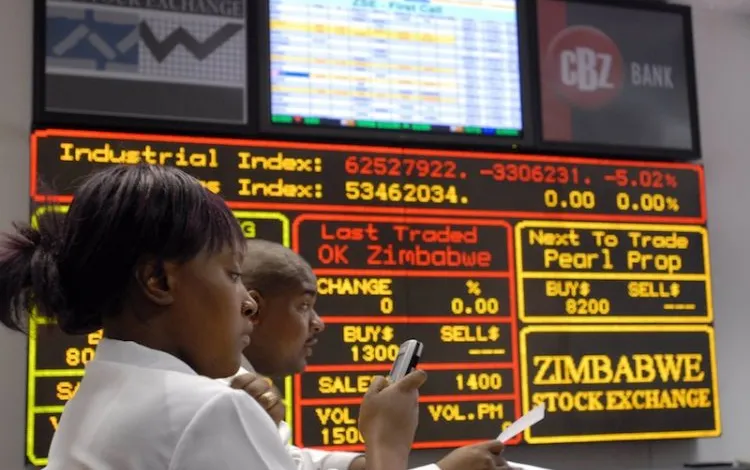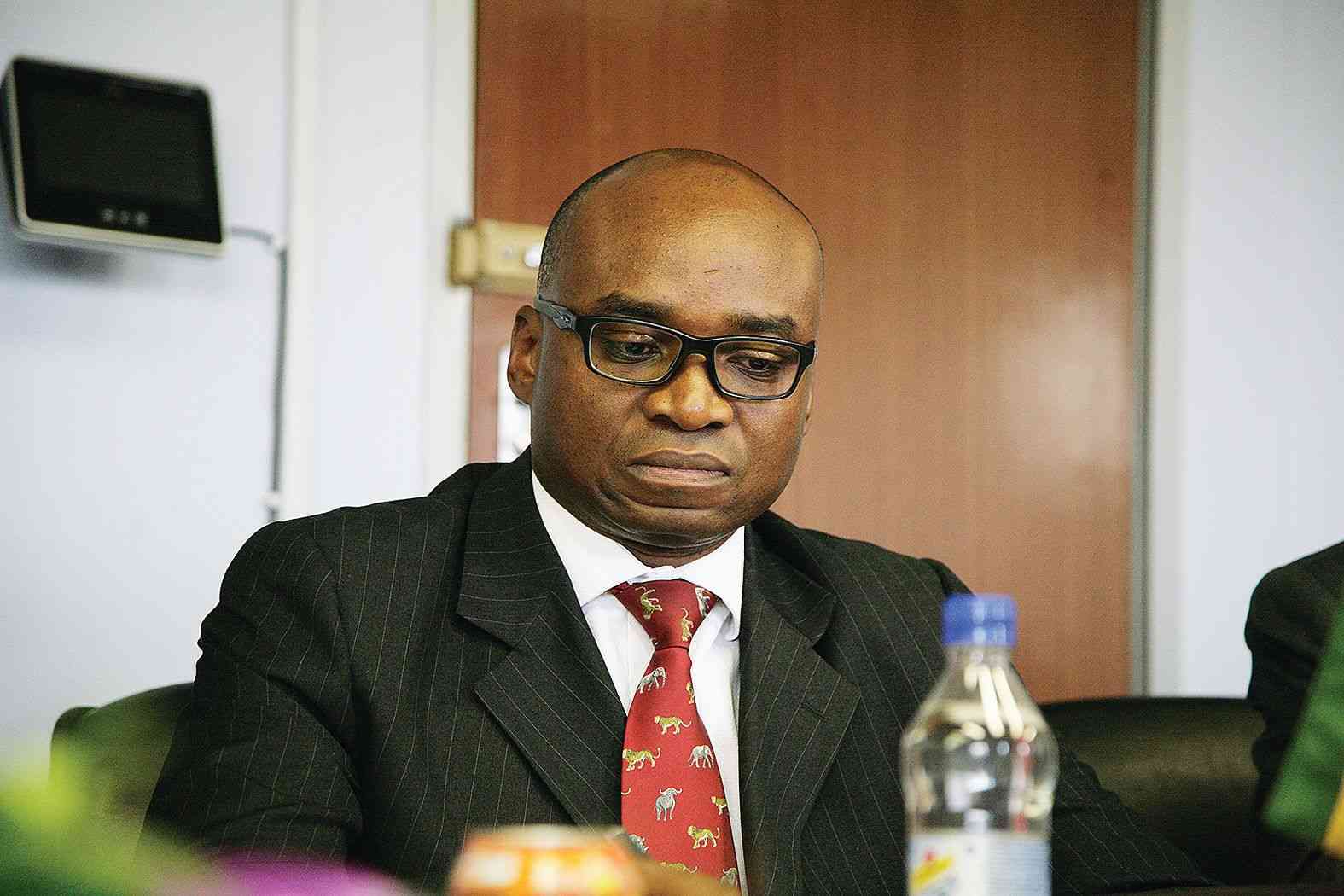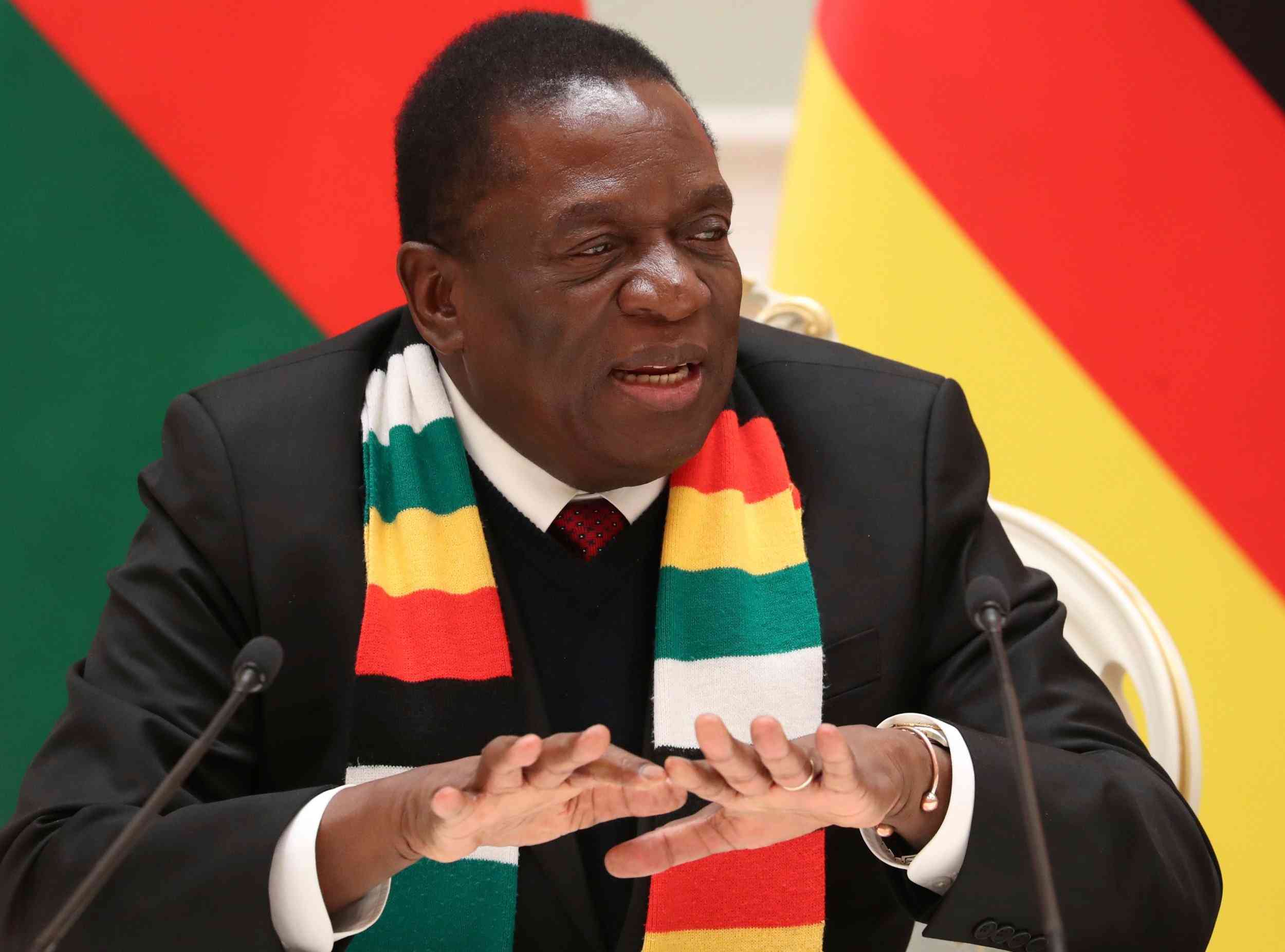
ECONOMIC transformation, unity, and self-determination were the resounding themes at the Afreximbank annual meetings and the Afri-Caribbean Trade and Investment Forum held in Nassau, The Bahamas last week.
Leaders and experts emphasised the need for Africa and the Caribbean to come together and speak with one voice to leverage their collective economic power.
They stressed the importance of harmonising standards, streamlining processes, and fostering regional integration to drive industrial development, investment, and trade.
The need to shift away from commodity-based economies and invest in education, infrastructure, and renewable energy resources was also highlighted.
With a united and strategic approach, Africa and the Caribbean can achieve significant breakthroughs and create a brighter economic future.
“Global Africa is useful. We enable member countries to negotiate together. The larger the entity, speaking with one voice, the better the leverage we will have, Christopher Edordu, former president of Afreximbank said during one of the sessions.
This unified approach not only amplifies the region’s negotiating power, but also promotes economic integration and solidarity between Africa and the Caribbean, paving the way for sustainable growth and prosperity.
“The fate of all Africans, irrespective of their geographic location, race or colour is inextricably linked,” emphasised Benedict Oramah, Afreximbank president.
- Open letter to President Mnangagwa
- Feature: ‘It’s worse right now than under Mugabe’: Sikhala pays the price of opposition in solitary cell
- Masvingo turns down fire tender deal
- Human-wildlife conflict drive African wild dogs to extinction
Keep Reading
“The over two billion Africans spread around the world must now recognise that together they constitute a powerful economic force that cannot be ignored. They must also recognise that power can only be potent and credible if delivered on a common and cohesive platform.”
Albert Muchanga, the African Union commissioner for economic development, trade, tourism, industry and minerals, outlined plans to enhance Africa’s economic standing.
“We shall remove the subjectivity currently associated with ratings on African economies,” he noted.
Wamkele Mene, secretary general of the African Continental Free Trade Area (AfCFTA) secretariat emphasised the importance of harmonising standards to stimulate industrial development and investment in Africa.
“First, we need to have common local content rules, or rules of origin, to foster industrial development in Africa. Secondly, to foster investment in Africa,” he said.
“We are now in the process of creating what we call a simple transit guarantee scheme, underwritten by Afreximbank of up to US$800 million, to enable the exporter to have only one single transit guarantee scheme that will smoothly and efficiently enable them to move their products across the various parts of the continent.
“We know we are not going to be saved by somebody in another part of the world. It is us as Africans who have to make sure that we redouble our efforts to lift our continent out of the condition that it has been in since the colonialists left our shores.”
AfCFTA aims to create a single market of over one billion consumers with a gross domestic product (GDP) exceeding US$3 trillion.
Africa, comprising 17% of the world’s population, commands just 4% of global GDP and a mere 2% of world manufacturing output.
The continent’s share of world trade stands at a modest 3%, a figure dwarfed by the intra-regional trade volumes of other continents.
AfCFTA marks a significant milestone in the continent’s quest for economic emancipation, according to Kwazulu-Natal premier Nomusa Dube-Ncube.
Arnold Ekpe, former group CEO of Ecobank Transnational Incorporated, emphasised that the key to unlocking the full potential of Afro-Caribbean private sector integration lies in harnessing the collective strengths and resources of the region.
“It is easier to travel in the Caribbean, in Africa with a European passport, than it is with an African passport. That’s a problem. We can fix it. So why haven’t we fixed it?” he queried.
“The real challenge we face is turning talk into action. So if I have a piece of advice, it’s let’s focus on how we can talk less and do more.”
Africa’s richest man, Aliko Dangote, also called for the elimination of obstacles to free movement within the continent to help intra-regional trade and attract more investment for the local market.
At the session on driving economic transformation in global Africa: The role of emerging Afri-Caribbean giants, Jean-Louis Ekra, former president of Afreximbank, emphasised the necessity of shifting away from commodity-based economies.
“We can no longer continue to base our economies on exporting commodities and processing commodities. So yes, the private sector will take a leading role in that. But we need basic infrastructure to be in place,” he noted.
Chad Blackman, Barbados’ Economic Affairs and Investment minister highlighted the importance of creating policy space to address both domestic and global challenges.
“When you look at both the domestic reality coupled with the global reality. We, therefore, now have to ensure that we can have that policy space to be able to treat a number of things,” the minister said.
Jeffery Sachs declared: “It’s Africa’s time for a high growth, high investment, high finance trajectory. Africa has a seat at the front table, and it needs to assert its seat.”
Kevin Greenidge, governor at the central bank of the Barbados, stressed the significance of strategic alliances and unity, adding that with “one voice, one global Africa voice, I believe you can make a difference”.
He urged leveraging Africa’s vast renewable energy resources and critical minerals as economic opportunities.
Roger Ferguson, former vice chairman of the Federal Reserve USA, addressed delegates with insights on re-globalisation versus de-globalisation.
“We are not seeing the end of global interconnectedness but rather a restructuring and reordering of global trade and economic relationships. This re-globalisation presents new opportunities for resilience and growth.”
Pamela Coke-Hamilton, executive director of the International Trade Centre, highlighted the connections between Africa and the Caribbean.
She underscored that the ties between the two regions were umbilical and organic.
“And it is these ties that you can and must carry us through some of the biggest threats that we face, especially today’s poly crisis world,” she said.
Coke-Hamilton estimated that trade between Africa and the Caribbean has the potential to reach US$1,8 billion annually by 2028.
Afreximbank senior executive vice president, Denys Denya, highlighted the significance of unity through the concept of global Africa, which connects Africans worldwide through shared history and experiences.
He emphasised that this unity was essential for mutual liberation and economic transformation.
“It is in this context of sustained deprivation and marginalisation that we seek to unify our forces in the context of global Africa for a better future.”
The 31st Annual Meetings and 3rd AfriCaribbean Trade and Investment Forum ran under the theme: Owning our Destiny: Economic Prosperity on the Platform of Global Africa.”
Afreximbank has been pushing to expand into the Caribbean in line with its diaspora strategy and the African Union’s designation of the African diaspora as the continent’s sixth region.
Eleven out of the 15 Caribbean community (Carricom) states have signed the Afreximbank partnership agreement.
The pan-African bank approved US$1,5 billion for the Caribbean, which will double to US$3 billion once all the remaining States sign the agreement.
A pipeline of US$2,4 billion has been built with St Lucia getting the first Afreximbank facility early this year. Last year, Caribbean Development Bank became the first shareholder of Afreximbank from the Carricom region.










